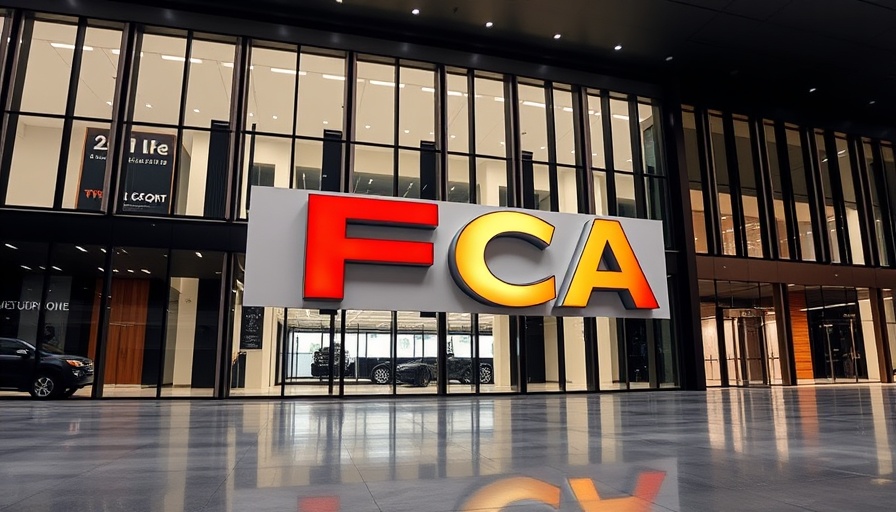
Understanding the Surge in Whistleblower Complaints
Recent data from the Financial Conduct Authority (FCA) reveals a significant increase in whistleblower complaints, climbing by a quarter compared to previous periods. This trend raises vital questions for stakeholders within the UK property sector, particularly property owners and investors who depend on regulatory transparency and compliance. To comprehend the implications of this rise, it is essential to examine both the underlying reasons for the uptick and its potential consequences.
What Drives the Increase in Complaints?
One of the primary factors contributing to the increase in whistleblower complaints is heightened public awareness surrounding financial misconduct and malpractice within various sectors, especially real estate. Recent high-profile cases and media scrutiny have empowered individuals to speak out against unethical practices, ranging from fraudulent property transactions to discrimination in lending practices. Furthermore, evolving cultural attitudes towards transparency encourage more individuals to report misconduct, knowing they can seek anonymity and protection under the law.
Legal Protections for Whistleblowers
In the context of the UK, the Public Interest Disclosure Act 1998 serves as the cornerstone of legal protection for whistleblowers. This legislation not only protects employees who report misconduct from suffering workplace retaliation but also encourages individuals to disclose wrongdoing without fear of repercussion. For property investors and owners, understanding these protections is crucial; a proactive stance on compliance can safeguard your investments and maintain your reputation in the increasingly competitive property market.
The Broader Implications for the Property Market
The ramifications of increasing whistleblower complaints extend well beyond individual cases. For property owners and investors, an uptick in such disclosures can signal a deeper systemic issue within the industry. As regulatory bodies like the FCA intensify their scrutiny following a spike in complaints, companies may face substantial enforcement actions that could affect property values and investor confidence. Understanding how to navigate these challenges is vital for maintaining a stable investment portfolio.
Counterarguments: Are Complaints Always Justified?
While whistleblower complaints can highlight critical issues, it is essential to recognize that not every complaint leads to substantiated claims. Some individuals may misuse the whistleblower provision to settle personal grievances or for other ulterior motives. Thus, discerning valid complaints from frivolous ones is paramount for property investors and stakeholders. This concept illustrates the complex balance between fostering an ethical environment and ensuring that the whistleblower system is not exploited.
Actionable Insights for Property Stakeholders
For property owners and investors seeking to mitigate risks associated with potential complaints, several strategies prove invaluable. Regular compliance audits can reveal systemic issues and create opportunities to address them proactively. Moreover, fostering a workplace culture that prioritizes ethical conduct encourages internal reporting and can decrease the likelihood of external whistleblower complaints. Additionally, staying informed on legislative changes and market dynamics enables stakeholders to adapt more readily to shifts in the regulatory landscape.
The Future Outlook: What to Expect Next
As the FCA ramps up its oversight in light of rising whistleblower complaints, property owners and investors can anticipate increased regulatory scrutiny. Investors should prepare for a more rigorous compliance environment, emphasizing transparency in dealings and ethical behavior. Additionally, firms that proactively adopt best practices in compliance may emerge with enhanced reputability, likely positively influencing property values and stakeholder relationships.
 Add Row
Add Row  Add
Add 





Write A Comment